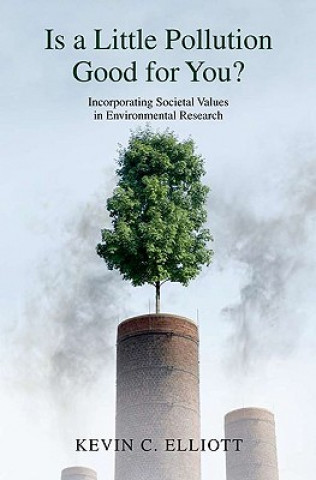
Code: 04535626
Is a Little Pollution Good for You?
by Kevin Elliott
Could low-level exposure to polluting chemicals be analogous to exercise-a beneficial source of stress that strengthens the body? Some scientists studying the phenomenon of hormesis (beneficial or stimulatory effects caused by lo ... more
- Language:
 English
English - Binding: Hardback
- Number of pages: 264
Publisher: Oxford University Press Inc, 2011
- More about this

You might also like
-

Inside Subculture
56.87 € -

Joy Comes in the Morning
32.23 € -

Heroines of Comic Books and Literature
58.31 € -

Easy English - A2: Band 2
32.13 € -

Hombre en sus horas libres
28.33 € -1 %
Give this book as a present today
- Order book and choose Gift Order.
- We will send you book gift voucher at once. You can give it out to anyone.
- Book will be send to donee, nothing more to care about.
More about Is a Little Pollution Good for You?
You get 353 loyalty points
 Book synopsis
Book synopsis
Could low-level exposure to polluting chemicals be analogous to exercise-a beneficial source of stress that strengthens the body? Some scientists studying the phenomenon of hormesis (beneficial or stimulatory effects caused by low-dose exposure to toxic substances) claim that that this may be the case. Is A Little Pollution Good For You? critically examines the current evidence for hormesis. In the process, it highlights the range of methodological and interpretive judgments involved in environmental research: choices about what questions to ask and how to study them, decisions about how to categorize and describe new information, judgments about how to interpret and evaluate ambiguous evidence, and questions about how to formulate public policy in response to debated scientific findings. The book also uncovers the ways that interest groups with deep pockets attempt to influence these scientific judgments for their benefit. Several chapters suggest ways to counter these influences and incorporate a broader array of societal values in environmental research: (1) moving beyond conflict-of-interest policies to develop new ways of safeguarding academic research from potential biases; (2) creating deliberative forums in which multiple stakeholders can discuss the judgments involved in policy-relevant research; and (3) developing ethical guidelines that can assist scientific experts in disseminating debated and controversial phenomena to the public. Kevin C. Elliott illustrates these strategies in the hormesis case, as well as in two additional case studies involving contemporary environmental research: endocrine disruption and multiple chemical sensitivity. This book should be of interest to a wide variety of readers, including scientists, philosophers, policy makers, environmental ethicists and activists, research ethicists, industry leaders, and concerned citizens. "This is a timely, well-researched and compelling book .Elliott admirably combines insights and strategies from philosophy of science with those of applied ethics to carefully analyze contemporary science and science policy around pollutants and human health. There is a growing interest in the philosophy of science community in bringing the work of philosophers to bear on contemporary social issues. This book stands out as a model for how to do just that." - Sandra D. Mitchell, Philosophy, University of Pittsburgh Is A Little Pollution Good For You? is a wonderfully clear and insightful book dealing with the interplay between social values and economic and political interests in scientific research. He articulates an account of how societal values should and should not enter into science and illustrates his views with an extended discussion of research on hormesis-the hypothesis that chemicals that are toxic at high doses may be benign or even beneficial at low doses. The chemical industry has a strong financial interest in promoting scientific acceptance of hormesis, as this could convince regulatory agencies to loosen up restrictions on allowable exposures to pesticides and other chemicals. Elliott argues that because scientists have an obligation to minimize the harmful effects of their research, they must be mindful of the social context of their work and how it may be interpreted and applied by private companies or interest groups, to the potential detriment of public and environmental health. Elliott's book is a must read for researchers, scholars, and students who are interested in the relationship between science, industry, and society." - David B. Resnik, National Institute of Environmental Health Sciences, National Institutes of Health, author of Playing Politics With Science: Balancing Scientific Independence And Government
 Book details
Book details
Book category Knihy po anglicky Humanities Philosophy Ethics & moral philosophy
143.43 €
- Full title: Is a Little Pollution Good for You?
- Subtitle: Incorporating Societal Values in Environmental Research
- Author: Kevin Elliott
- Language:
 English
English - Binding: Hardback
- Number of pages: 264
- EAN: 9780199755622
- ISBN: 0199755620
- ID: 04535626
- Publisher: Oxford University Press Inc
- Weight: 486 g
- Dimensions: 241 × 163 × 23 mm
- Date of publishing: 10. March 2011
Trending among others
-

When Species Meet
25.35 € -3 % -

Moral Landscape
11.49 € -21 % -
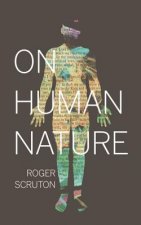
On Human Nature
14.36 € -12 % -

Explaining Postmodernism
27.20 € -13 % -

Beyond Good and Evil
9.03 € -23 % -

On Bullshit
9.64 € -16 % -
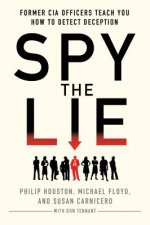
Spy the Lie
17.44 € -15 % -
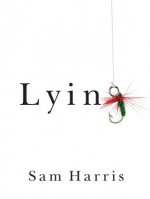
Lying
18.37 € -
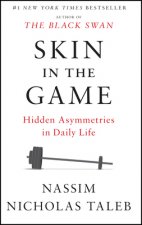
Skin in the Game
12.41 € -11 % -

After Virtue
25.25 € -15 % -

A Confession
8 € -22 % -

Responsibility and Judgment
19.81 € -8 % -
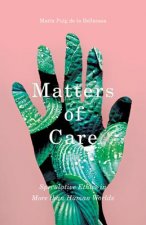
Matters of Care
31.20 € -6 % -

Parmenides
11.49 € -

What Money Can't Buy
10.67 € -18 % -

On the Genealogy of Morals and Ecce Homo
15.39 € -21 % -

Born to Be Good
15.39 € -16 % -

Concept of Law
56.57 € -
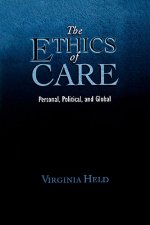
Ethics of Care
49.48 € -

Beyond Good and Evil
13.24 € -19 % -
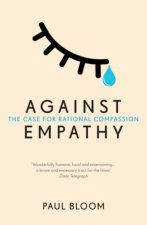
Against Empathy
10.98 € -24 % -
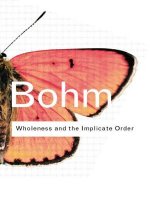
Wholeness and the Implicate Order
20.63 € -6 % -

Meditations
13.65 € -6 % -
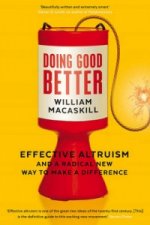
Doing Good Better
12.21 € -16 % -

Civil Disobedience and Other Essays
3.58 € -24 % -

The Genealogy of Morals
6.87 € -23 % -

Reasons and Persons
30.18 € -2 % -

Inventing the Individual
13.34 € -16 % -

Ethics
14.78 € -15 % -
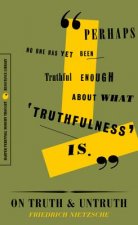
On Truth and Untruth
10.16 € -22 % -

Better Never to Have Been
38.19 € -8 % -

Theory of Moral Sentiments
17.03 € -20 % -

Will to Power
10.87 € -18 % -

Ethics in the Real World
20.32 € -11 % -

Justice
16.32 € -18 % -

Beyond Freedom and Dignity
23.30 € -10 % -

Precipice
25.35 € -19 % -
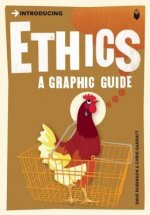
Introducing Ethics
10.16 € -22 % -
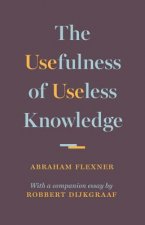
Usefulness of Useless Knowledge
10.05 € -11 % -
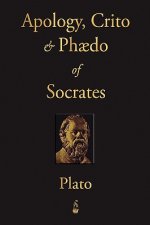
Apology, Crito and Phaedo of Socrates
11.08 € -

Protagoras
31 € -

Oxford Handbook of Business Ethics
82.65 € -

Getting Back into Place, Second Edition
37.36 € -

New Approach to Utilitarianism
71.04 € -

Evidential Argument from Evil
33.57 € -

Beyond Good and Evil
16.21 € -

Oxford Studies in Metaethics 11
61.49 € -

Principia Ethica
12.31 € -

On Friendship
29.56 € -6 %
Osobný odber Bratislava a 2642 dalších
Copyright ©2008-24 najlacnejsie-knihy.sk Všetky práva vyhradenéSúkromieCookies



 21 miliónov titulov
21 miliónov titulov Vrátenie do mesiaca
Vrátenie do mesiaca 02/210 210 99 (8-15.30h)
02/210 210 99 (8-15.30h)